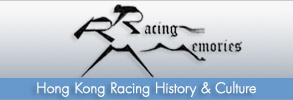-
HOMEARC Site Home
-
NEWSLatest Update
News
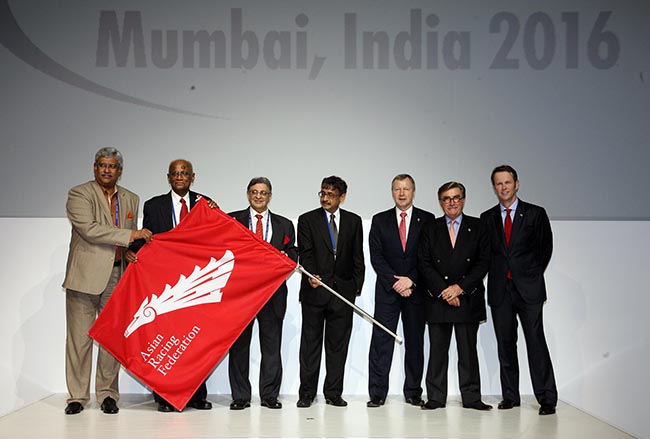
News Archives
-
TIMEAbout the Schedule
Key Dates

Look out for the important dates before the conference and be aware of the registration...
About the Schedule

Check the schedule of the 4 days conference, from day to night...
-
MULTIMEDIAPlay, View, Download
-
JOINRegister Accommodate
Register

How to register the conference? Check the details here and proceed with the registration...
Accommodation

Three selected hotels minutes to the conference venue. Check the details and room rate here...
Social Programme
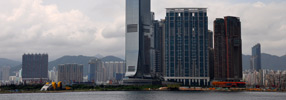
Social Programme available during the Conference period, including Opening and Closing Ceremony...
Tour Programme
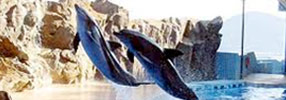
Three tours available for accompanying persons to discover the attractions of Hong Kong...
-
KNOWIntroducing the Hosts
About ARF & ARC
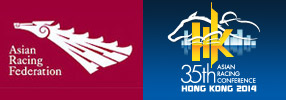
The Asian Racing Conferences are a global racing forum organized by the Asian Racing Federation (ARF)...
Milestones
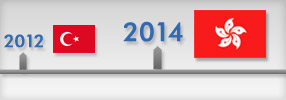
Racing in Asia has a long and rich history. Learn more about this history and the role played by the ARCs...
HKJC the host
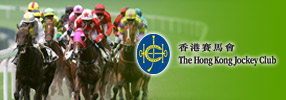
The Hong Kong Jockey Club is not only one of the world's leading horse racing organisations but also...
Discover Hong Kong

As Asia's world city, Hong Kong has much to offer to its visitors...
- EXHIBITION
Participate in Exhibition - EXHIBITION
News
35th Asian Racing Conference examines the Hong Kong Jockey Club’s renowned vocational training
07/05/2014
The Hong Kong Jockey Club’s extensive vocational training programmes came under the microscope at the 35th Asian Racing Conference in Hong Kong this afternoon, as Amy Chan, Manager of HKJC’s Racing Development Board (RDB) and Headmistress of the Apprentice Jockeys’ School, delivered a presentation titled: ‘Roadmap to Sustainable Talent Development’.
-
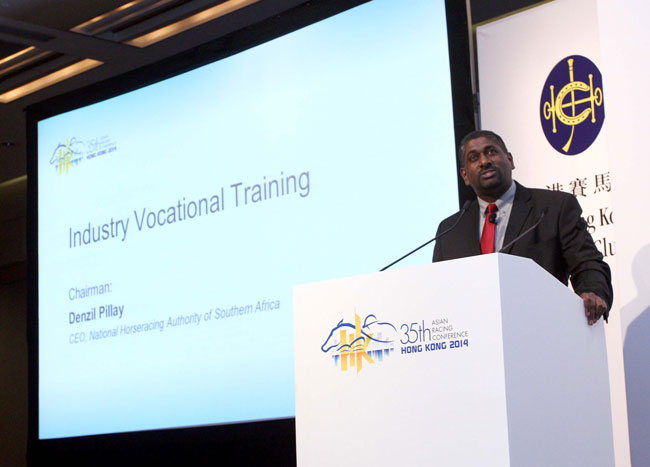 Panel Chairman Denzil Pillay, CEO of the National Horseracing Authority of Southern Africa, speaks on this topic at the session.
Panel Chairman Denzil Pillay, CEO of the National Horseracing Authority of Southern Africa, speaks on this topic at the session.
The session, under the banner ‘Industry Vocational Training’ and chaired by Denzil Pillay, Chief Executive of the National Horseracing Authority of South Africa, emphasised the importance of comprehensive and sustainable vocational training within the modern horseracing industry.
Miss Chan told delegates that the RDB’s aim is to “establish a best practice training system that meets the diverse needs of the HKJC, and which delivers training programmes to our staff that enable them to operate at a standard that exceeds accepted industry requirements.”
Through a series of images and video footage, Miss Chan highlighted that the HKJC is engaged in a process of developing a continuous stream of well-trained racing professionals from the local talent pool, both in Hong Kong and mainland China. The images provided snapshots of the methodology and Miss Chan emphasised the importance of engagement between racing bodies and education authorities to provide certified courses of study.
Whilst sharing the HKJC’s experience in offering certified training across the industry spectrum, Miss Chan took time to highlight the processes undertaken to identify and train apprentice jockeys from the local talent pool. The HKJC Apprentice Jockeys’ School (AJS) was established in 1972 and among the first graduates was international Group 1-winning rider Tony Cruz, now one of Hong Kong’s leading trainers. Another Group 1-winning graduate is Matthew Chadwick, who secured the leading rider title at Ascot’s Shergar Cup in 2012.
Miss Chan told attendees that today there are two apprentice jockeys on the Hong Kong circuit, while 10 Trainee Apprentice Jockeys are enrolled at the AJS and a further 30 are Racing Trainees/Trainee Work Riders. They are being trained to join the current 560 Stable Assistants, 110 Work Riders, 68 Head Lads and 24 Assistant Trainers who have been trained to work with Hong Kong’s 1,250 racehorses.
“The plan ahead,” she said, “is to develop more local talent to become world class jockeys who value integrity, and to do that we need to build a network of overseas training.” And Miss Chan added that the HKJC’s RDB is committed to “improve the quality of student intake; improve the riding and academic programmes; and develop a holistic support system for apprentice jockeys.”
Dr Isamu Takizawa, President and CEO of the Japan Association for International Racing and Stud Book (JAIRS), informed delegates about the Asian Racing Federation (ARF) Study Program in a presentation titled ‘Eye-Opening Experience’. The program is conducted annually by JAIRS and the Japan Racing Association for the benefit of ARF member countries, and dates back to 1967. The General Study Program portion pertains to race meeting operations and management, while the Specialised Program deals with expert roles including handicappers, stewards, stud book management and track management.
“The ARF Study Program has two major missions,” said Dr Takizawa. “The first is to create international harmonisation and mutual understanding through horseracing, as well as to exchange valuable information, and the second is to contribute to the development of horse racing in Asian countries.”
Joong Gil Jang, a riding instructor for the Korea Racing Authority who is in charge of overseas training for apprentices, delivered ‘An Introduction to the Korean Racing Academy’.
Mr Jang said: “The aim of the academy is to cultivate jockeys and stable staff with knowledge and skills, providing a wide range of different courses and training.”
35th Asian Racing Conference – May 7 Photo Gallery
News
- Hong Kong passes the flag to India as historic Asian Racing Conference closes with announcement of HKJC CEO as new Chairman of the Asian Racing Federation
- Racing and breeding in Mainland China discussed for the first time at an Asian Racing Conference
- High-profile speakers call for international cooperation to battle corruption in sport at Asian Racing Conference











